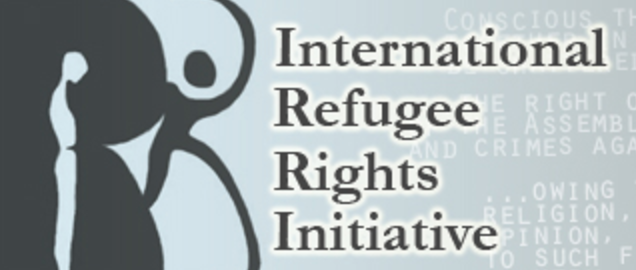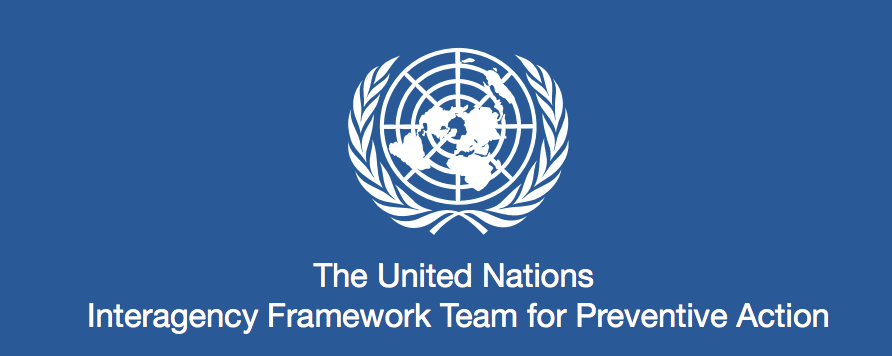FAO Regional Office for Latin America and the Caribbean
Latin America and the Caribbean was the first region to commit to the complete eradication of hunger through the 2025 Hunger-Free Latin America and the Caribbean Initiative. This renewed political commitment is based on the full conviction that eradicating hunger in the Region is an achievable target.
Latin America and the Caribbean is at the forefront of the global fight against hunger. It is the Region that has made the most progress in reducing the percentage and total number of people suffering from hunger in the past 20 years.












